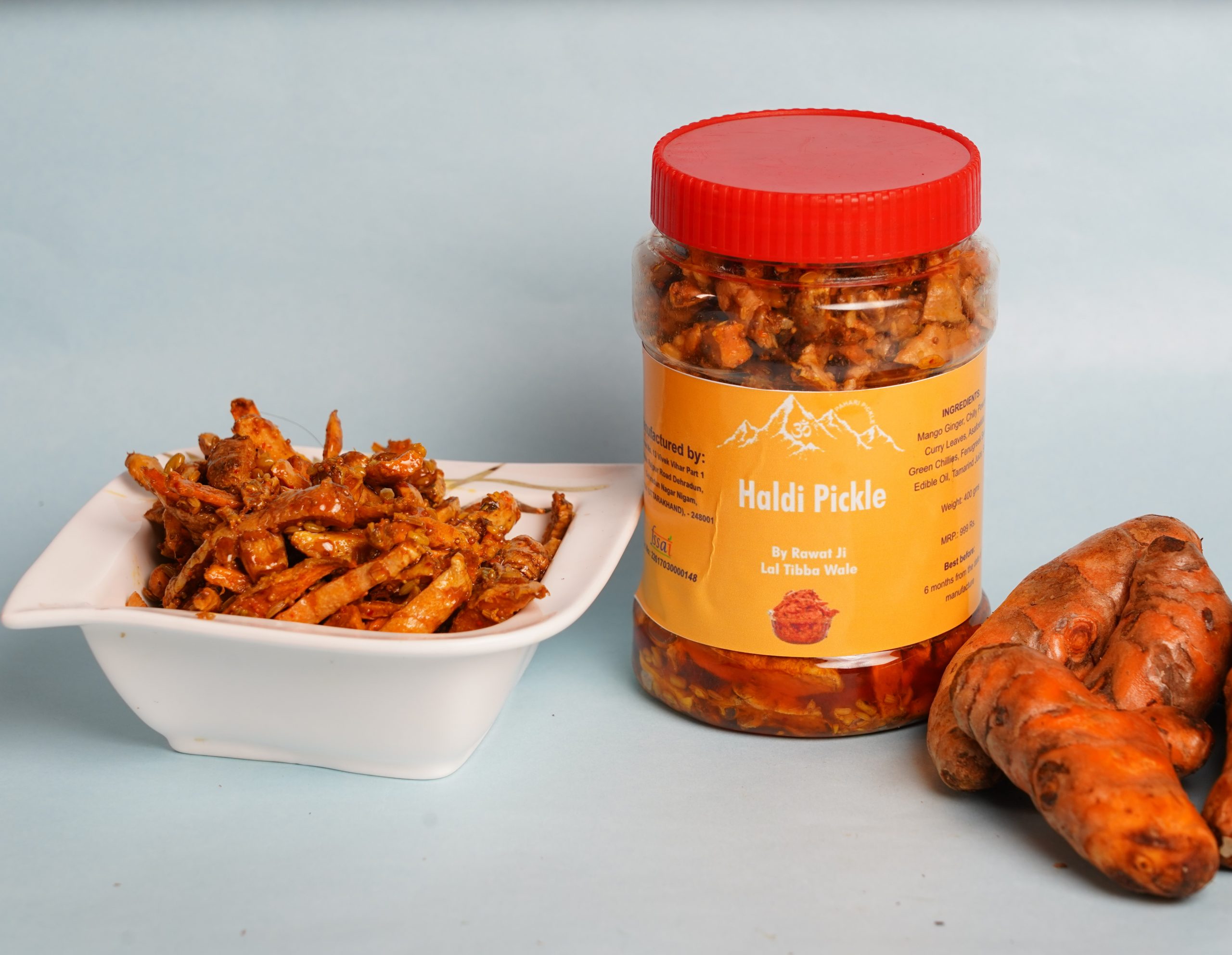
Hello, foodies! 🍽️ Today, we’re diving into the world of health and nutrition, focusing on a spice that’s not only a culinary superstar but also a potent ally in the fight against cancer. We’re talking about turmeric, or more specifically, curcumin, the active ingredient in turmeric. 🌱
In a fascinating video by Dr. Paul Lynn, a renowned expert in health and wellness, he discusses a study that highlights the powerful anti-cancer properties of curcumin. The study, published in Carcinogenesis in 2018, reveals how curcumin can inhibit the growth of cancer cells by disrupting their energy metabolism. 🧪
Curcumin and Cancer Cells
Cancer cells have a unique way of extracting energy from glucose, allowing them to survive and grow rapidly even in low-oxygen environments. This is one of the factors that enable cancer cells to proliferate uncontrollably. However, curcumin can disrupt this process, effectively starving the cancer cells of the energy they need to grow. 🦠
The study looked at various types of cancer, including leukemia, breast, melanoma, and colon cancers. In all cases, curcumin was found to reduce the levels of ATP synthase, the enzyme that creates ATP, the energy currency of cells. This led to a significant drop in ATP levels and a reduction in oxygen consumption in the cancer cells, both in vitro (in a test tube) and in vivo (in a living organism). 🧫
Curcumin in Action
To further understand curcumin’s impact, the researchers implanted aggressive skin cancer cells into mice. Half of the mice were treated with curcumin, while the other half served as a control group. Just two days into the study, the curcumin-treated mice showed significantly slower tumor growth, an effect that persisted throughout the study. 🐁
Upon examining the tumors, the researchers found that the curcumin-treated mice had fewer new blood vessels. This suggests that curcumin can limit the tumor’s nutrient and energy access by reducing blood flow, another way to starve the tumor cells. 🩸
Curcumin’s Other Benefits
Beyond its anti-cancer properties, curcumin is also known for its anti-inflammatory effects. Chronic inflammation is a common factor in many diseases, including cancer. By reducing inflammation, curcumin can help prevent the onset and progression of these diseases. 🌡️
Moreover, curcumin has potential anti-diabetic effects. Given the prevalence of metabolic syndrome, insulin resistance, and diabetes in our society, this is an area of research that holds great promise. 🍬
Wrapping Up
The study provides compelling evidence of curcumin’s potential as a powerful weapon against cancer. By disrupting the energy metabolism of cancer cells and reducing their blood supply, curcumin can inhibit their growth and proliferation. 🛡️
Dr. Paul Lynn’s video provides an excellent deep dive into this topic. If you’re interested in health, nutrition, and the science behind them, his channel is a must-watch. 📺
As always, remember that while curcumin is a potent compound, it’s just one piece of the puzzle. A balanced diet, regular exercise, and a healthy lifestyle are crucial for preventing disease and maintaining good health. 🏋️♀️🥗
Join our Facebook community to stay updated on the latest in food, health, and nutrition. We’re a group of food lovers who are passionate about exploring the intersection of food and health. Come share your recipes, tips, and discoveries with us! 🎉









